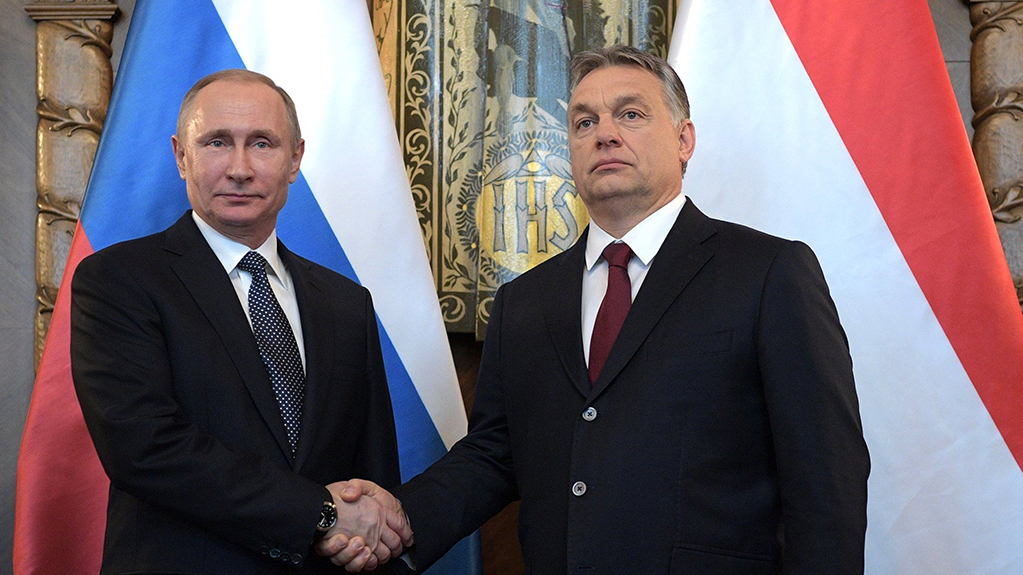After the announcement of the final results of the Russian presidential elections, Hungarian Prime Minister Viktor Orban congratulated Vladimir Putin on his re-election. Among the leaders of EU countries, Orban is the only one who has done so.
News
Trending stories
- 1 Former Prime Minister Garibashvili Sentenced to Five Years in Prison After Plea Deal
- 2 Otar Partskhaladze Charged with Organizing Murder of Businessman Levan Jangveladze
- 3 Shalva Papuashvili Says Georgian Dream Filed Complaint with BBC
- 4 Georgian Dream Party Further Tightens Grants Law, Introducing Up to 6 Years in Prison
According to the TV company RTL, in the letter sent to Putin, Orbán writes that he is glad that the cooperation between Hungary and Russia is based on mutual respect, which makes it possible to discuss important issues even in today's very difficult geopolitical situation. He also notes that Hungary is on the side of peace.
"We are sure that maintaining the dialogue is a fundamental condition for peace to be established as soon as possible," wrote the Hungarian Prime Minister.
Viktor Orban assures Vladimir Putin that Hungary is ready to expand cooperation between countries in areas not limited by international law.
The Russian presidential elections were held on March 15-17. Polling stations were also opened in the territories of Georgia and Ukraine occupied by Russia. According to the data of the Central Election Commission, Putin received 87.28% of the votes, which allows him to remain in office for another 6 years.
After summing up the results, Putin was congratulated on his victory by the countries of Asia, Africa and Latin America, including the presidents of China, Iran, Egypt, Venezuela, Turkey, Uzbekistan, Serbia, and Belarus. Also, Armenian Prime Minister Nikol Pashinyan, Indian Prime Minister Narendra Modi, North Korean leader Kim Jong-un, Pope Francis and Hamas leader Ismail Haniyeh.
Governments and leaders of Western countries condemned the Russian presidential elections as fictitious. On March 15, the first day of the elections, the President of the European Council, Charles Michel, wrote sarcastically on social media: “I want to congratulate Vladimir Putin on his convincing victory in the elections that start today. No opposition, no freedom, no choice." The EU's foreign affairs chief, Josep Borrell, said the election was "held under strict restrictions" and many candidates, including those opposed to the war, were not allowed to run.
Independent researcher Ivan Shushkin estimates that about 22 million votes were falsified in the presidential election in favor of Vladimir Putin, and the publication “Novaya Gazeta" writes that the Russian president received at least 31.6 million votes, or about half of the votes, through fraud. The article states that "this is a record scale of vote falsification in the Russian presidential elections."















